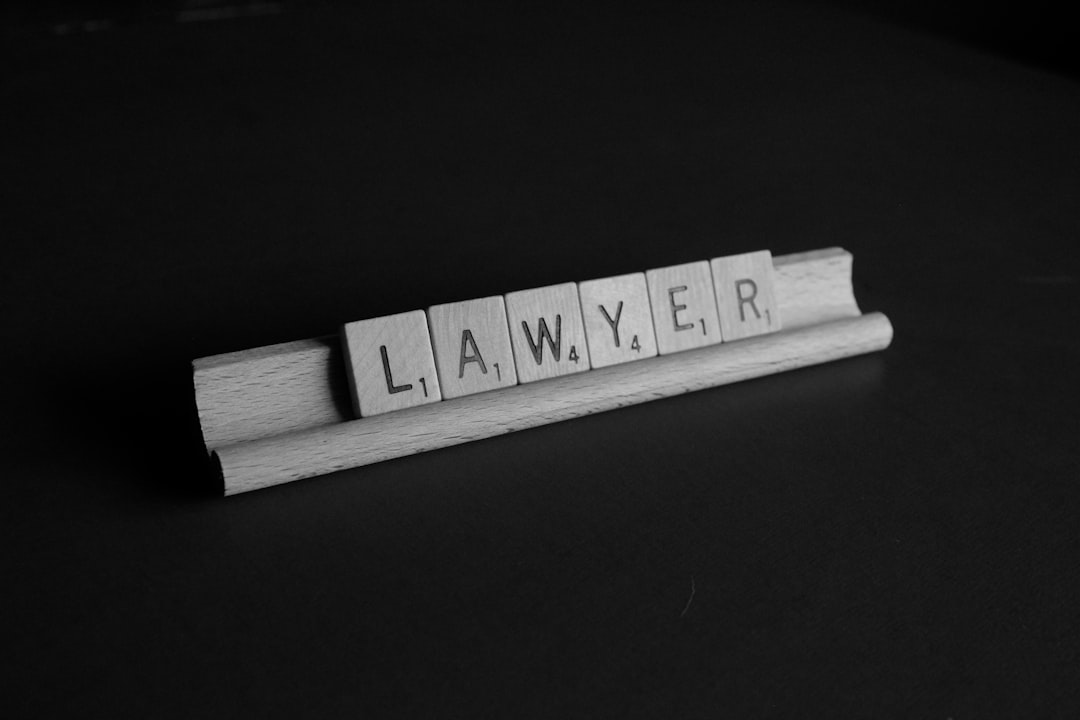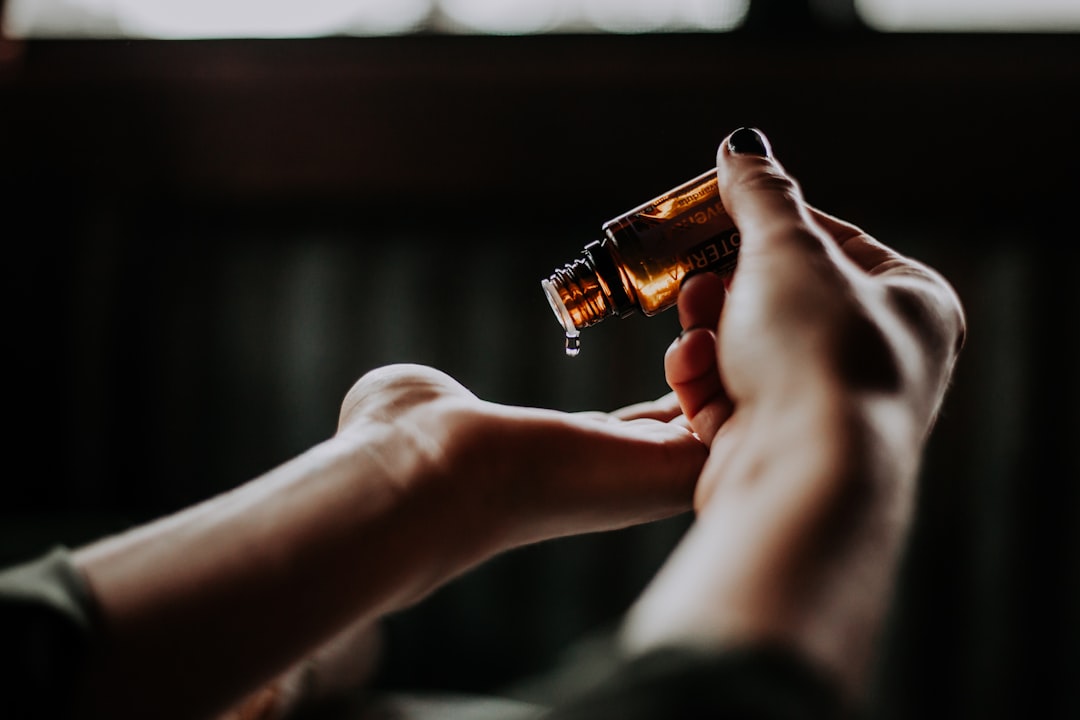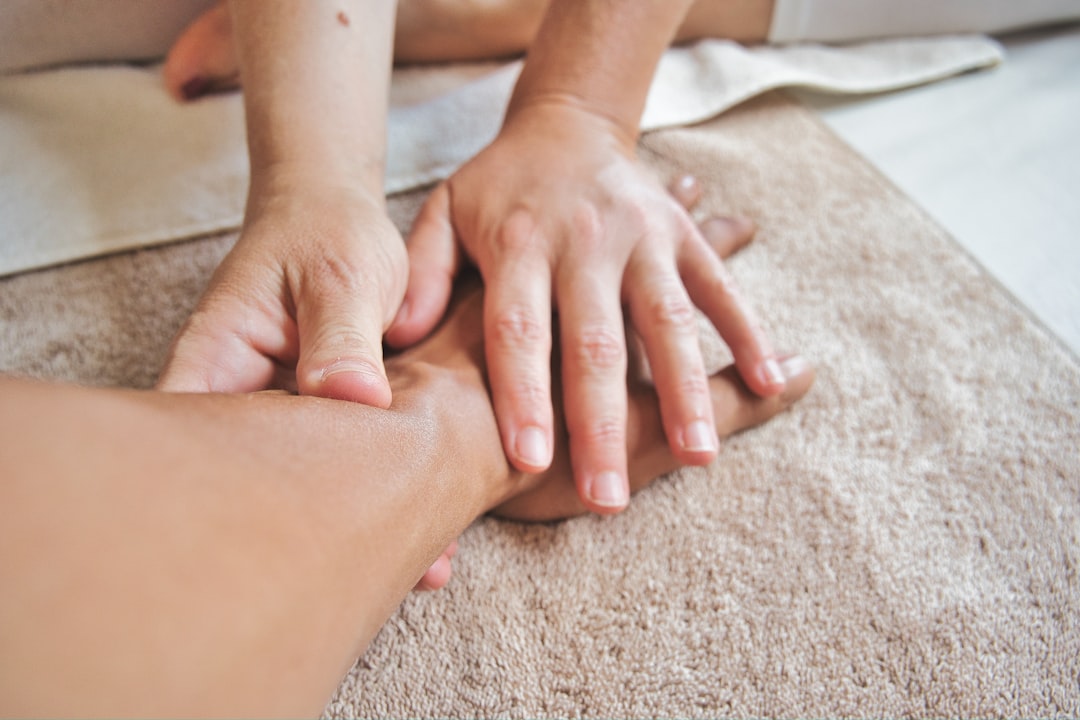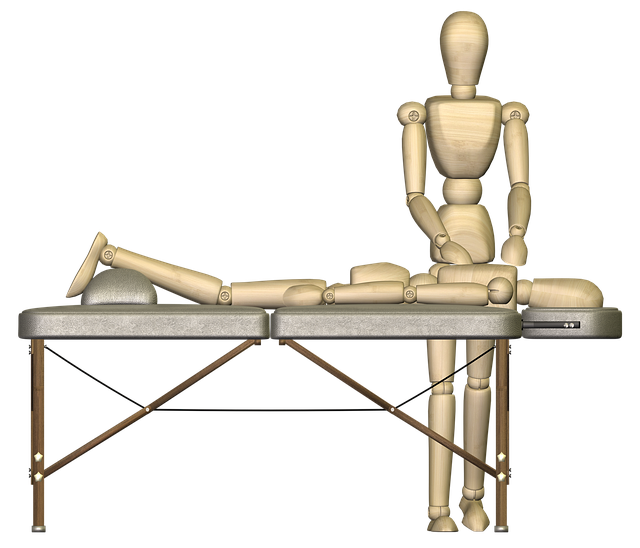Physical abuse survivors in Illinois can benefit from specialized massage therapy as part of their holistic recovery process. Massage helps alleviate physical tension, improve circulation, and address chronic stress responses stemming from trauma. Reputable massage abuse law firms in Illinois emphasize the importance of therapists understanding state laws regarding training, licensing, and consent for survivor-centric care. This combination of legal awareness and support systems creates a safe environment to aid clients' emotional and physical healing journeys.
Massage therapy emerges as a powerful tool in the rehabilitation process for survivors of physical abuse, offering more than just relaxation. The aftermath of abuse often includes chronic pain, muscle tension, and emotional distress, making massage an essential component for holistic healing. This article explores how specialized massage techniques can aid survivors in Illinois, with a focus on legal considerations and available support resources. By understanding the role of massage therapy, we can better equip survivors to navigate their recovery journey.
The Impact of Physical Abuse and Its Aftermath

Physical abuse leaves profound and lasting impacts on the body and mind, requiring a multifaceted approach for healing and rehabilitation. Victims of such trauma often experience acute physical pain, muscle tension, and limited mobility—symptoms that can persist long after the initial incident. This is especially true in cases where massage therapy is sought as part of recovery, highlighting the need for specialized care in Illinois, as addressed by leading abuse law firms in the state.
The aftermath of abuse can lead to chronic stress responses, affecting not only physical health but also mental well-being. Massage therapy plays a crucial role in rehabilitation by offering a non-invasive method to alleviate pain and promote relaxation. Through targeted techniques, it helps release tension in muscles and connective tissues, improving circulation and range of motion. This holistic approach complements traditional medical treatments, fostering a sense of healing and empowerment among survivors as they navigate their journey towards recovery.
Massage Therapy as a Healing Tool for Survivors

Massage therapy has emerged as a powerful tool in the rehabilitation process for survivors of abuse, offering more than just physical relaxation. Survivors of traumatic events often carry deep-seated physical tension and emotional scars that can impact their overall well-being. Massage therapy provides a holistic approach to healing by addressing these physical and emotional components. It helps to alleviate muscle tightness and pain, which are common after experiences of abuse, allowing survivors to regain mobility and comfort in their bodies.
For survivors, the act of receiving massage can be a safe and supportive experience, fostering a sense of trust and security. The touch and attention given during a session can help normalize physical contact, which may have been violated or feared during the abuse. Illinois massage abuse law firms often emphasize the importance of this therapy in rebuilding confidence and empowering survivors to take control of their healing journey.
Legal Considerations and Support Resources in Illinois

In Illinois, the legal framework surrounding massage therapy in the context of rehabilitation after abuse is designed to protect both survivors and therapists. It’s crucial for masseuses working with abuse survivors to understand state laws, which may include requirements for training, licensing, and consent forms. A reputable massage abuse law firm can provide guidance on navigating these regulations, ensuring compliance, and offering the best possible support to clients healing from trauma.
Illinois offers various support resources for individuals who have experienced abuse, including hotlines, counseling services, and community organizations dedicated to victim advocacy. These resources play a vital role in facilitating access to care and fostering recovery. By combining legal awareness and leveraging available support systems, massage therapists can contribute significantly to the rehabilitation process, creating a safe and nurturing environment for survivors to heal.





